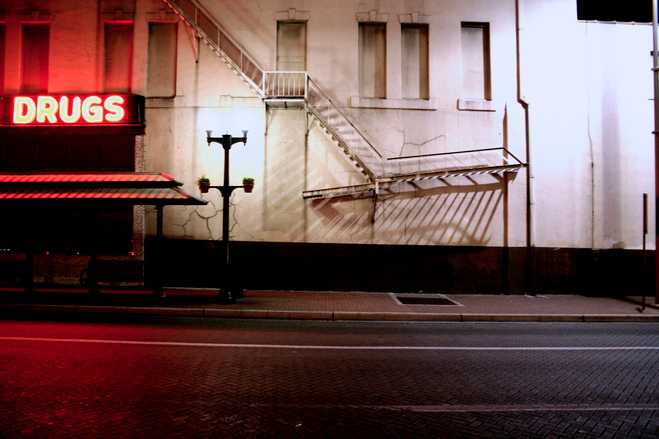 SACRAMENTO, Calif. — A controversial California bill that was signed into law this past September went into effect last week, exempting youth under the age of 18 from facing arrest and criminal charges for being involved in prostitution.
SACRAMENTO, Calif. — A controversial California bill that was signed into law this past September went into effect last week, exempting youth under the age of 18 from facing arrest and criminal charges for being involved in prostitution.
Senate Bill 1322 was introduced last year by Sen. Holly Mitchell, D-Los Angeles, and views teens and pre-teens involved in prostitution as being victims rather than criminals.
“Existing law makes it a crime to solicit or engage in any act of prostitution. Existing law makes it a crime to loiter in any public place with the intent to commit prostitution. This bill would make the above provisions inapplicable to a child under 18 years of age who is alleged to have engaged in conduct that would, if committed by an adult, violate the above provisions,” a summary of the legislation outlines.
Instead of arresting the teenager, the law directs that a police officer “who encounters a minor engaged in a commercial sex act shall report these circumstances as abuse or neglect of a minor to the county child welfare agency.” If the teen is considered to be in proximate danger, the Department of Social Services may place the young person into an environment that is deemed safe in order to get them off the streets.
“A commercially exploited child under this paragraph may be adjudged a dependent child of the court pursuant to … the Welfare and Institutions Code and may be taken into temporary custody … if the conditions allowing temporary custody without warrant are met,” the law reads.
Those who have illicit relations with a child under age 18 who prostitutes themselves will still face criminal penalties.
“The law is supposed to protect vulnerable children from adult abuse, yet we brand kids enmeshed in sex-for-pay with a scarlet ‘P’ and leave them subject to shame and prosecution,” Mitchell stated last year in outlining the purpose for the proposal.
However, some have expressed concern over the law, including Sen. Travis Allen, R-Huntington Beach.
“[T]eenage girls (and boys) in California will soon be free to have sex in exchange for money without fear of arrest or prosecution,” he wrote in a recent article for the Washington Examiner. “Pimping and pandering will still be against the law whether it involves running adult women or young girls. But legalizing child prostitution will only incentivize the increased exploitation of underage girls.”
But Mitchell, a Planned Parenthood supporter, contended in response that it is “categorically untrue” that her bill legalizes prostitution for minors, nor does it tie the hands of law enforcement. She says that she just doesn’t believe the right way to handle teens involved in prostitution is to put them behind bars or give them a criminal record.
“Being criminalized as opposed to being treated like a victim of rape through arrest, detainment and criminal charges is not how California treats victims of abuse. It would never occur to us to arrest a victim of rape or domestic violence to ‘keep them safe’ from their perpetrator,” Mitchell wrote. “SB 1322 will provide minor victims of human trafficking the same protection [as a rape victim].”
However, some opine that not all youth involved in prostitution are led into it by sex traffickers, as some might sell their bodies for cash of their own will.
“Not all minors involved in prostitution are victims. In fact any minor over age of 16 knows what’s going on and makes a choice to do so,” one opponent, identified only as Tallulah, remarked.
Mitchell says not so—that she views teens as victims in light of California’s age of consent.
“A ‘choice’? Since the legal age of consent remains 18, I disagree with you,” she Tweeted on Saturday.
Allen believes that Mitchell and Democrats mean well, but are misguided on the matter, as well as other issues.
“Do Brown and the Democrat politicians behind this wave of bad legislation mean well? I believe they do, but unfortunately they’re only succeeding in proving that the road to hell is paved with good intentions,” he wrote.
Become a Christian News Network Supporter...


